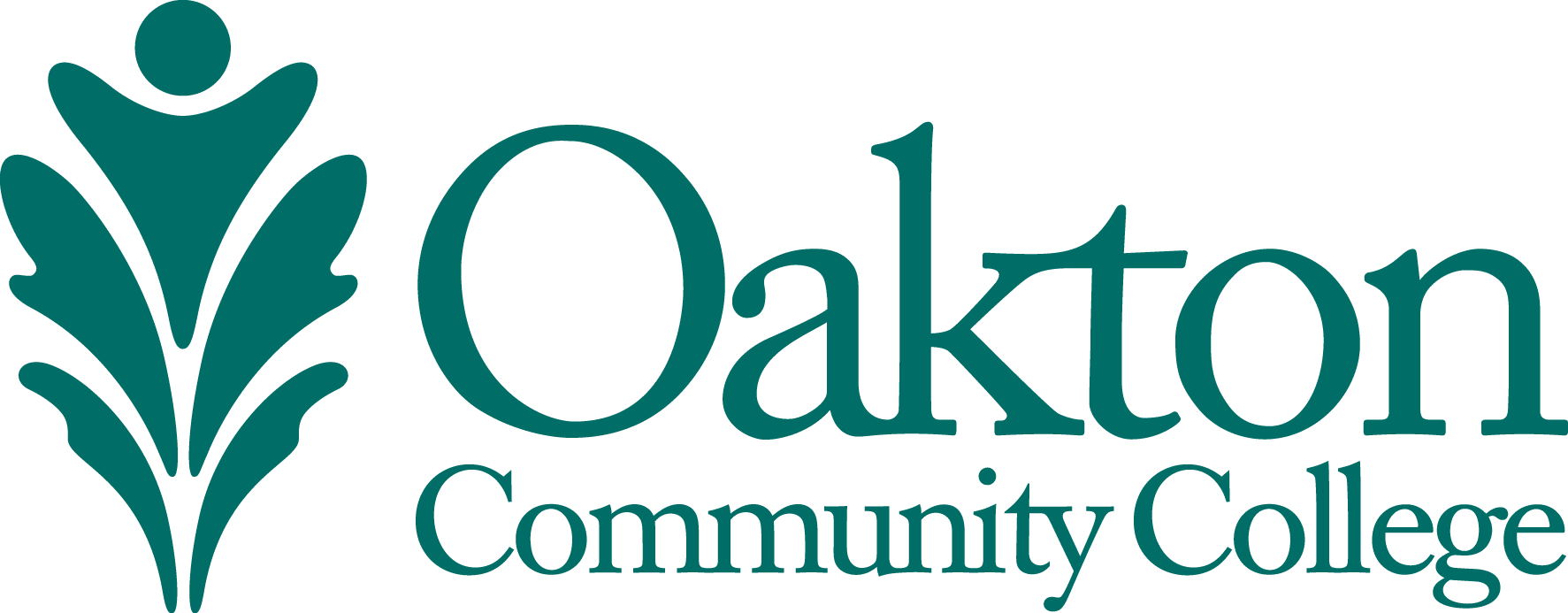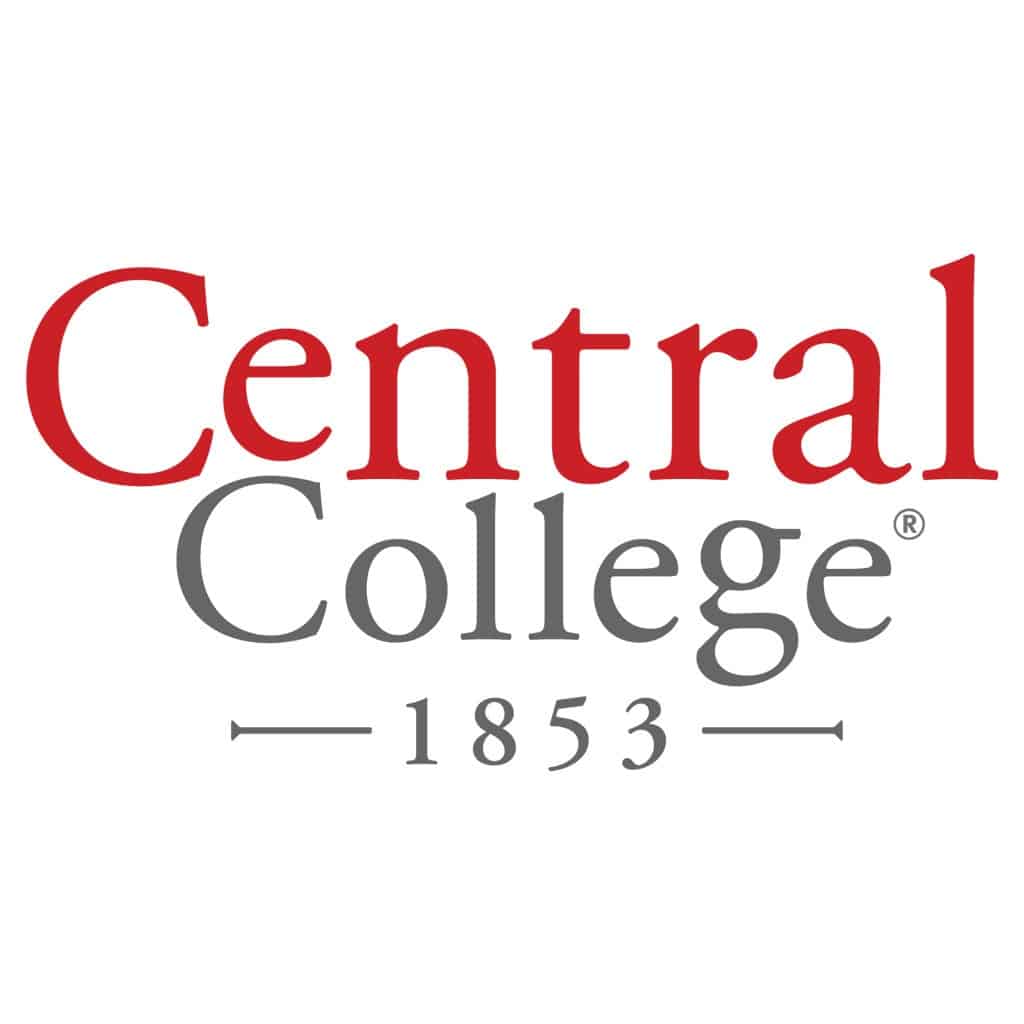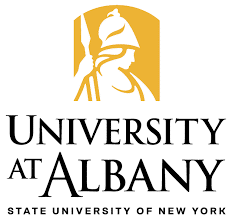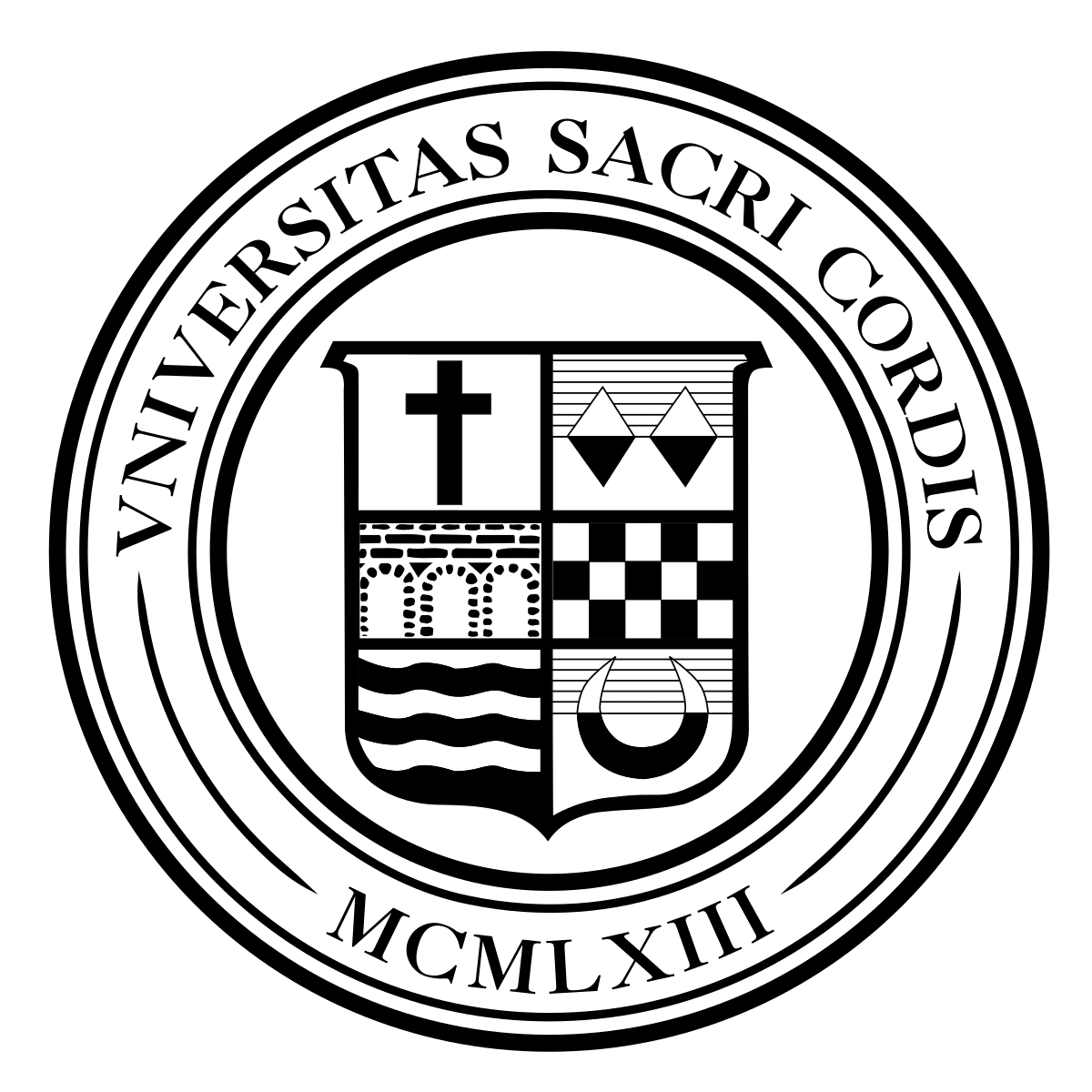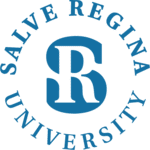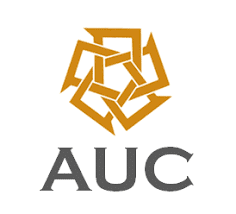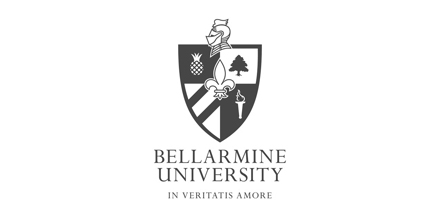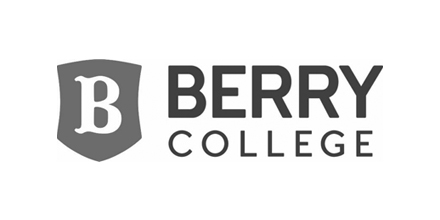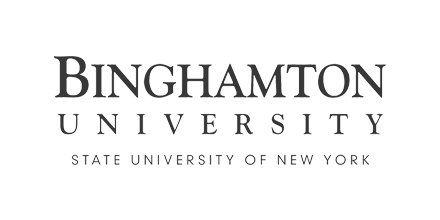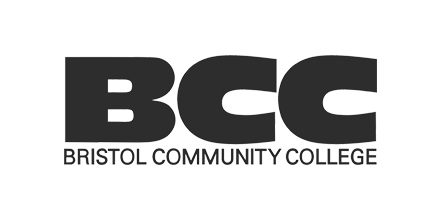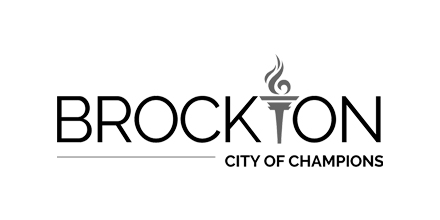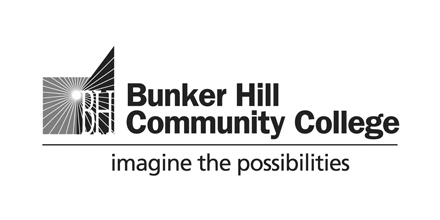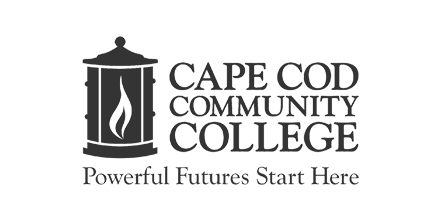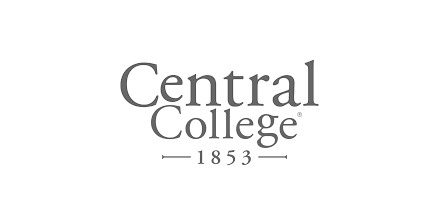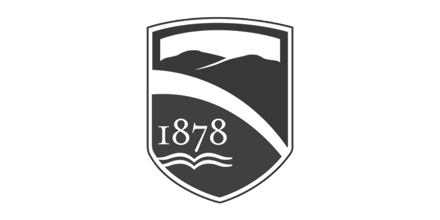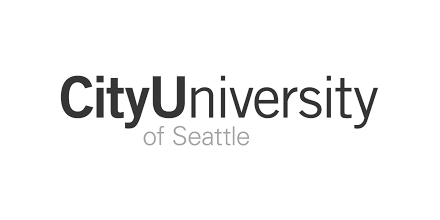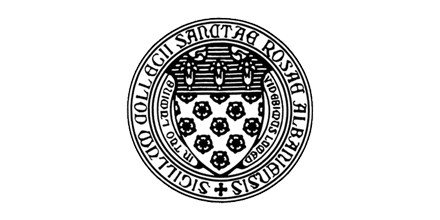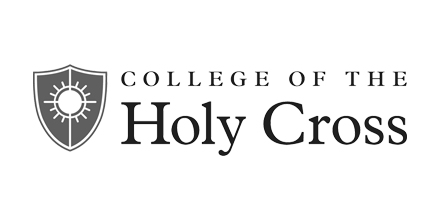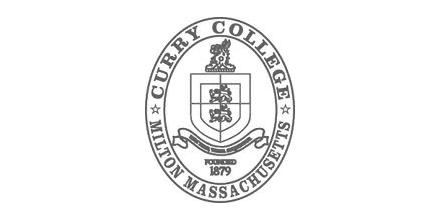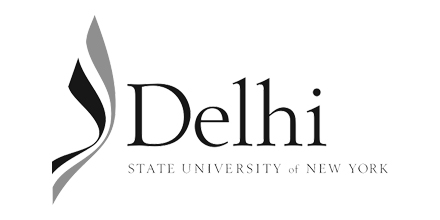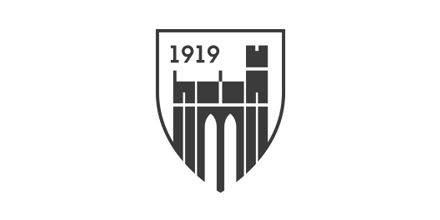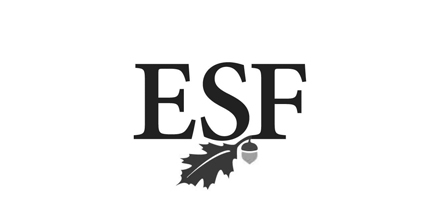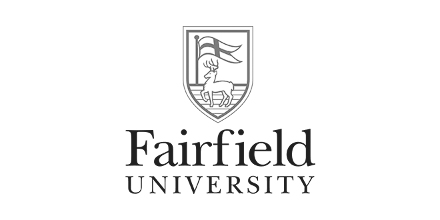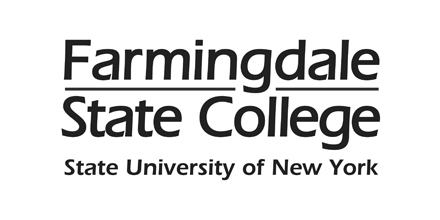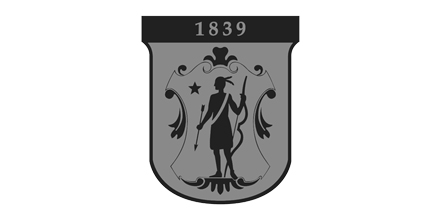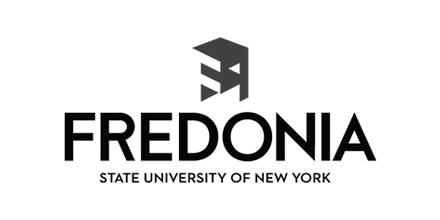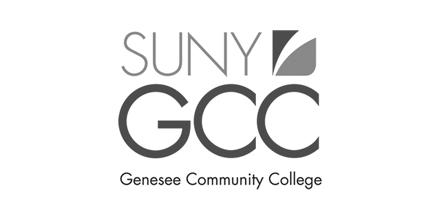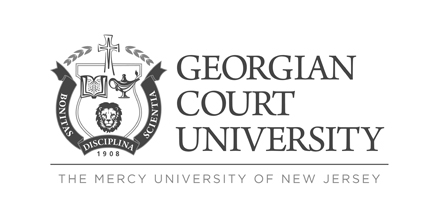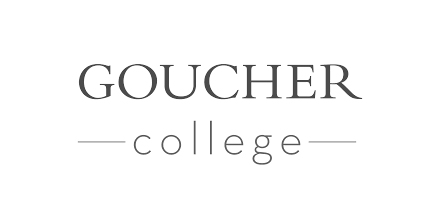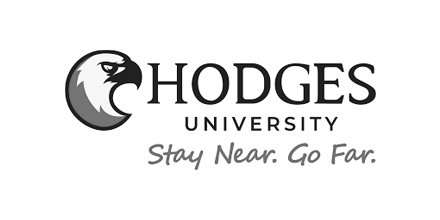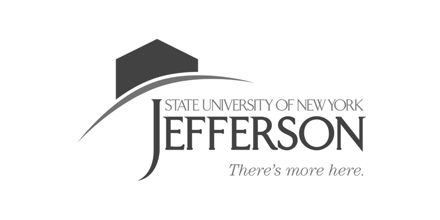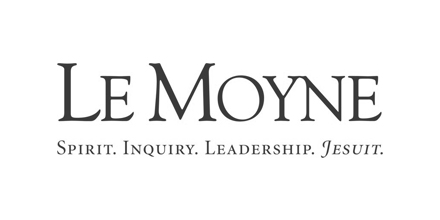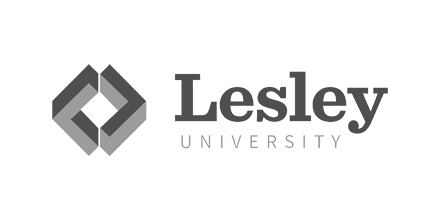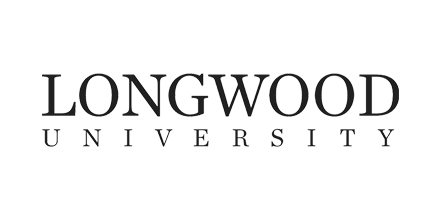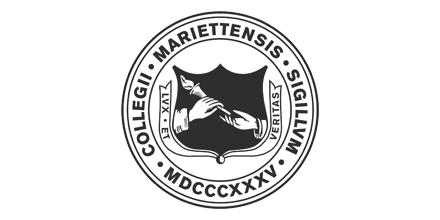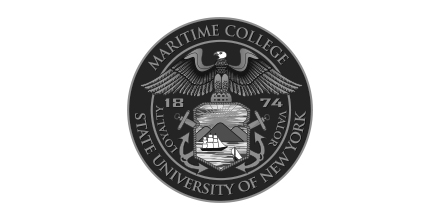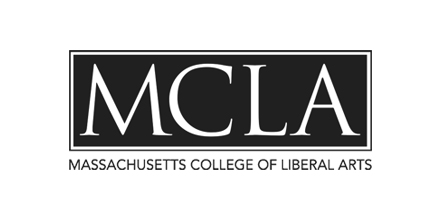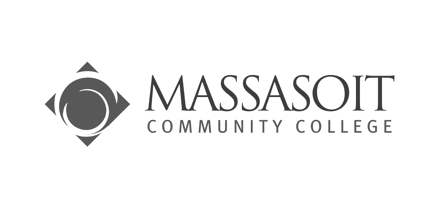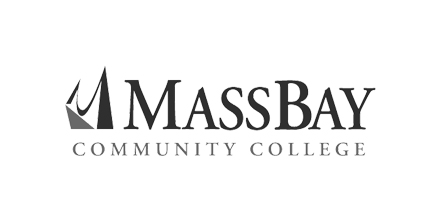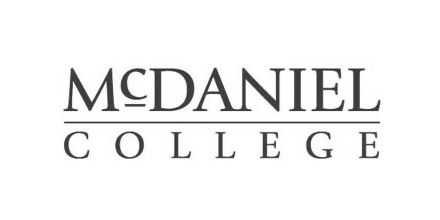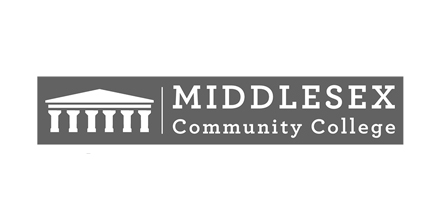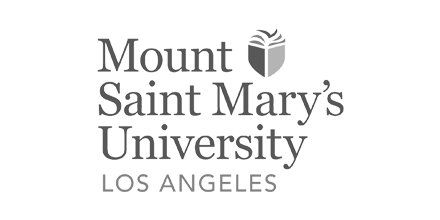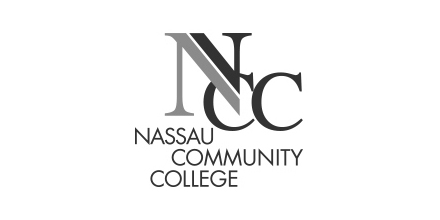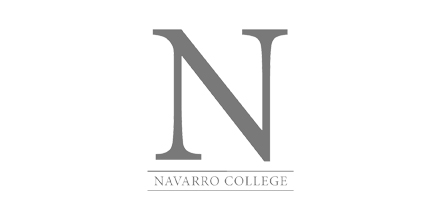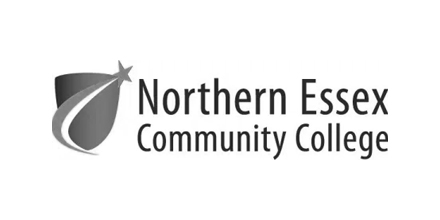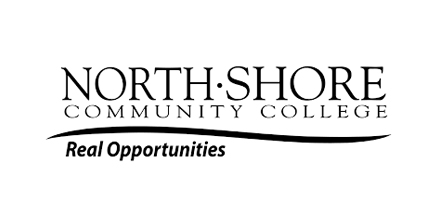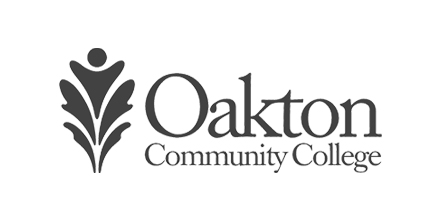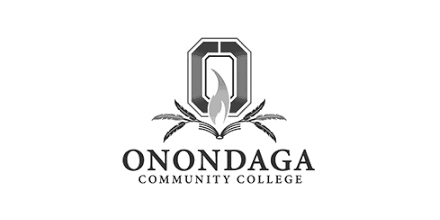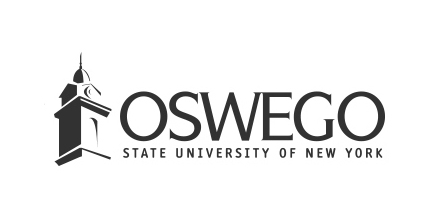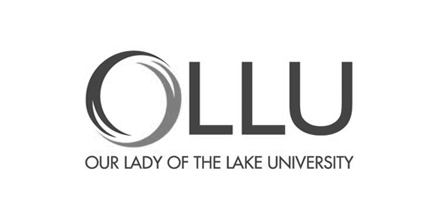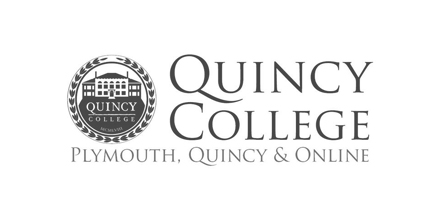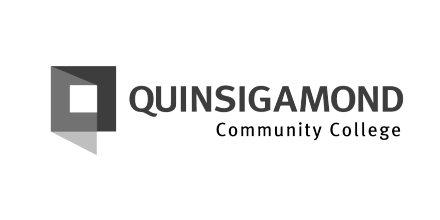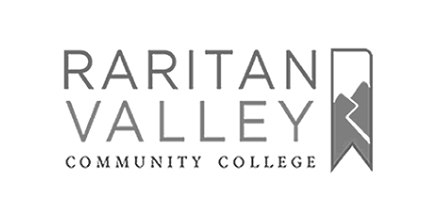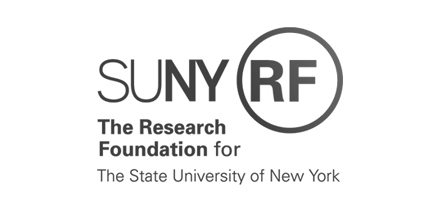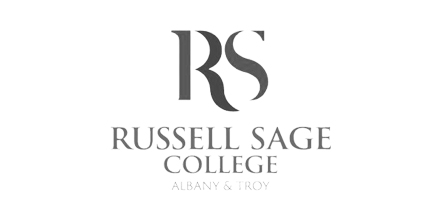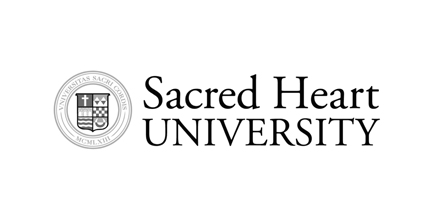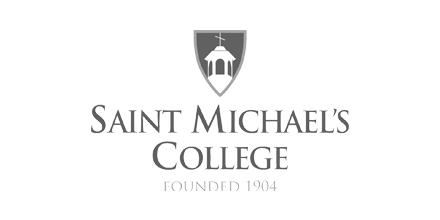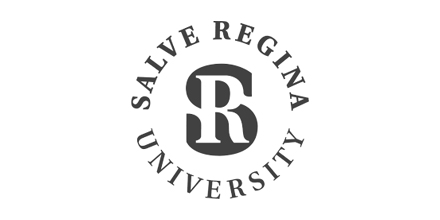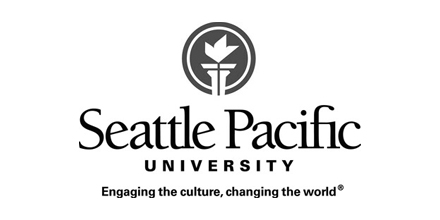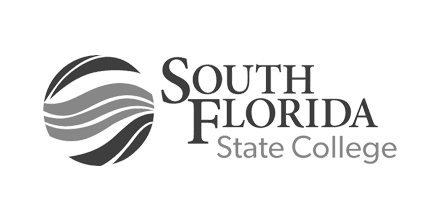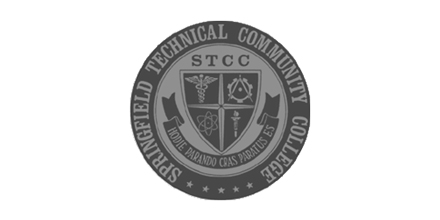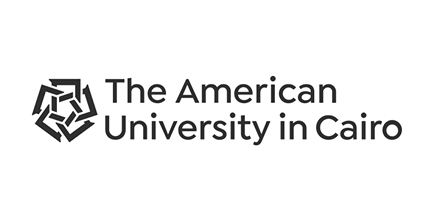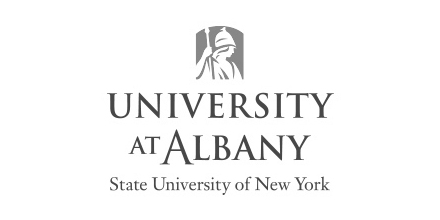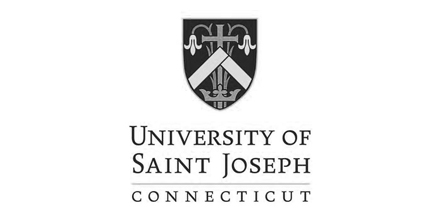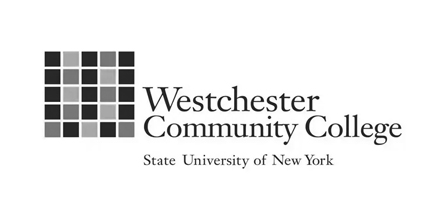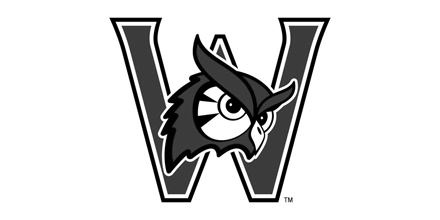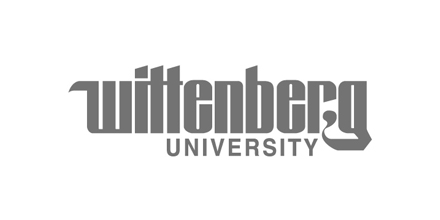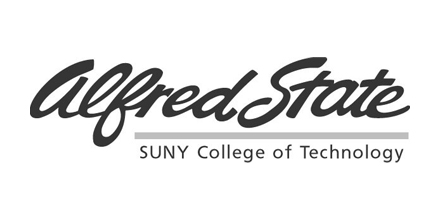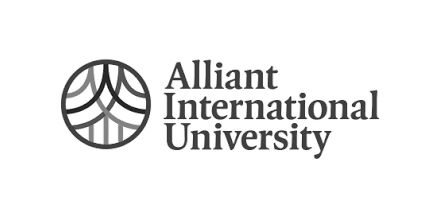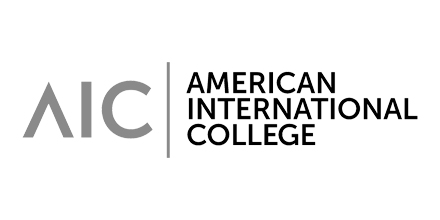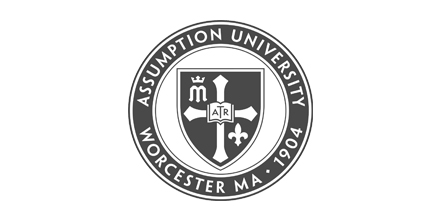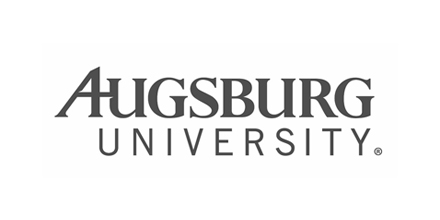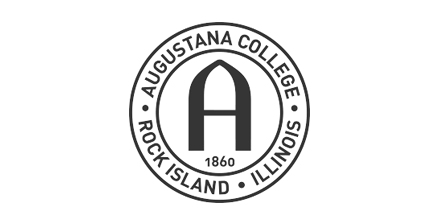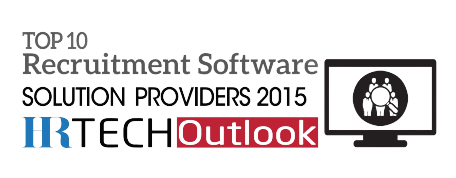Did you know that almost 60% of college graduates do not feel ready to join the workforce after they graduate? When you think of HR, the last thing you are probably thinking about is how they assist in student development and career readiness. Contrary to popular belief, HR can play a pivotal role in bridging the gap between academia and personal growth for students of the institution. HR is no longer just an administrative position, it goes far beyond the traditional ‘office duties.’
The student experience holds much more than just coursework and grades. It includes extracurricular activities, career services, counseling, and personal development opportunities as well. By recognizing the rigorous nature of education, HR can help create and implement strategies that cater to students’ needs, helping them thrive academically and personally.
Supporting Student Services
- HR can assist in recruiting and training professionals who work directly with students, such as academic advisors, career counselors, and mental health professionals. By ensuring these roles are filled with qualified individuals who understand the unique challenges that students in higher education face, HR helps to create a supportive environment that encourages student engagement and success.
Positive Campus Culture
- A positive campus culture is essential for student development. HR can lead programs and events that promote inclusivity, diversity, and mental well-being. By organizing workshops, training sessions, and awareness activities, HR can foster a sense of belonging among students. This supportive environment encourages students to participate in campus life, seek help when needed, and build lasting connections with their peers and faculty.
Developing Leadership and Career Skills
- HR can play a crucial role in providing students with opportunities to develop essential leadership and career skills. By collaborating with academic departments to create internships, mentorship programs, and leadership training, HR can help students gain practical experience that complements their educational focus. These initiatives not only enhance students’ resumes, but also prepare them for the workforce.
Promoting Employee-Student Collaboration
- In many institutions, faculty members are the primary mentors for students. HR can help facilitate collaboration between employees and students by creating mentorship programs that connect students with faculty and alumni. Relationship-building enhances student learning and provides valuable networking opportunities. Creating connections like this can ensure that students have access to guidance and support throughout their academic journey.
HR’s role in higher education is essential for bridging the gap between academic and personal development. By focusing on student services, fostering a positive campus culture, developing leadership skills, and facilitating networking, HR can significantly enhance the student experience. As institutions continue to adapt to the ever-changing world of higher education, prioritizing the role of HR in student development will be crucial for creating a thriving academic institution and community.
Together, we can ensure that every student not only achieves academic success but also grows into a well-rounded individual ready to face the challenges of the future.



